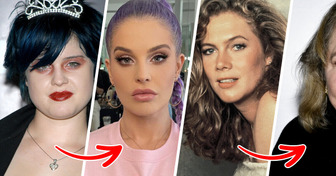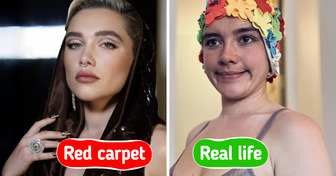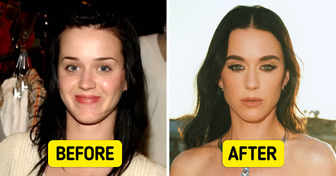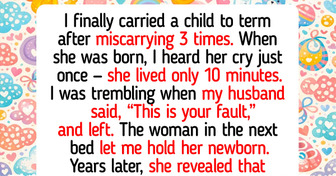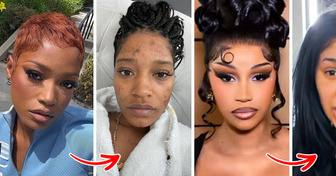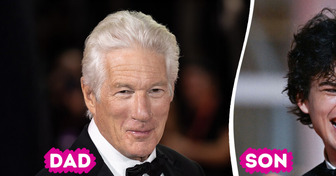Sandra Bullock,60, Returned to the Spotlight — And Left Everyone in Awe
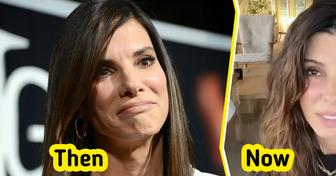
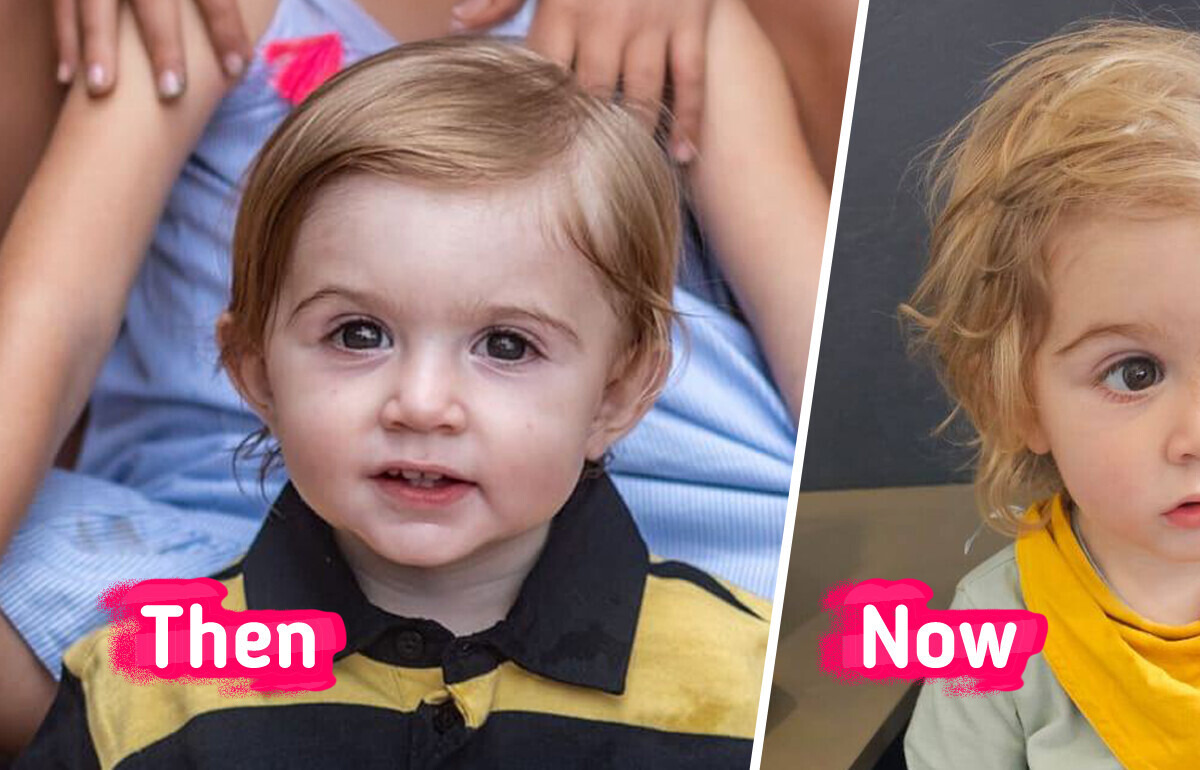
“WHY YOU SHOULD NOT KISS SOMEONE’S BABY. This is something that I’ve read a thousand times, but we’ve never really been too bothered about it — I mean, what’s the worst that can happen, right? Wrong. I was so wrong,” shared one mom on Facebook.
What initially appeared to be a harmless kiss from a well-intentioned adult has escalated into a serious complication for the child, who now faces the risk of losing an eye. This situation highlights how quickly infections can spread, particularly in children with developing immune systems, and underscores the importance of parents being vigilant about potential risks and taking necessary precautions.
CONTENT IS PROVIDED FOR INFORMATIONAL PURPOSES ONLY AND IS NOT INTENDED AS A SUBSTITUTE FOR MEDICAL ADVICE.
SEEK GUIDANCE OF YOUR DOCTOR REGARDING YOUR HEALTH AND MEDICAL CONDITIONS.
It all started when the toddler, just 1 year and 4 months old, developed what appeared to be a common eye infection. At first, the family doctor prescribed antibiotic drops, assuming it was a minor issue. However, the situation rapidly worsened. “Two days later, we noticed that there was something seriously wrong with the eye. It looked like something was growing inside his eyeball (which was not there the day before),” the mother revealed.
It became clear that something was seriously wrong when the toddler showed no pain or discomfort, even though he kept scratching his eye. “He literally put his finger in his eye, scratching his eyeball, without even flinching. This is not normal,” the mother says. The concerned parents immediately sought further medical attention, and the child was diagnosed with the herpes virus.
However, the virus cannot be fully cured. “Herpes virus cannot really be ‘cured,’ just ‘managed,’” the mother writes. “It tends to flare up every now and again, which is unfortunately what happened to our baby.”
The infection was so severe that the child developed a hole in the cornea — an open wound measuring 4mm in size. “It’s the most traumatic experience to look at your baby and literally see a 4mm open wound in his eye, which is so clearly visible,” the mother says. She also highlights that “The scariest part is that this virus, if left untreated, can migrate to the brain. Many other complications can also ensue.”
In January of this year, the family traveled to South Africa for a consultation with a pediatric ophthalmologist. The child underwent the first of three surgeries aimed at saving his eye. The second surgery will involve harvesting nerves from the child’s leg to implant them into the eye, with the hope of restoring some function.
If the nerve implantation is successful, the child may eventually qualify for a cornea transplant, provided a suitable donor is found. However, the mother admits, “Whether any vision can ever be restored is unknown at this stage, but we have made peace with the fact that he could very well be (permanently) blind in his left eye.”
Currently, the toddler’s eyelids are closed to protect the eye. The mother acknowledges that this has been an incredibly painful ordeal for her child, who must endure both the physical discomfort and the emotional trauma associated with the surgeries and their aftermath. Her post ends with the warning, “The moral of the story — don’t let anyone kiss your baby. Such a silly virus caused so much trauma and damage, it’s just not worth it!”
Herpes is often misunderstood, with many people believing that it’s not a serious issue. And while many people associate cold sores with adults, the virus can also be transmitted to infants and toddlers, often with serious consequences.
The virus is highly contagious and can be spread through close contact with an infected individual. This can include kissing, sharing utensils, or even contact with saliva through other means. It’s important to note that the virus can be transmitted even when no visible cold sores are present, which is why asymptomatic carriers are often unaware that they may be spreading the virus.
The toddler’s case is particularly alarming because the herpes virus caused significant damage to the child’s eye, including an open wound in the cornea. “Our baby lost most of his vision and sensation in his left eye. Due to the open wound, the eye was/is infected constantly,” the mother explains. If left untreated, such herpes can result in permanent vision loss or even the need to remove the eye to prevent further complications.
Children with weakened immune systems — whether due to illness, medication, or congenital conditions — are at higher risk for severe complications from HSV-1. In such cases, herpes infections can escalate more quickly and may be harder to treat.
If your child is immunocompromised, extra care should be taken to avoid potential exposure to the virus. This includes making sure that anyone who interacts with your child is aware of the risks and follows proper hygiene and preventative protocols.
And here’s the story of a 24-year-old woman who lost her eye due to a dog leash. She is now sharing her painful experience and the year-long recovery that followed the accident.

